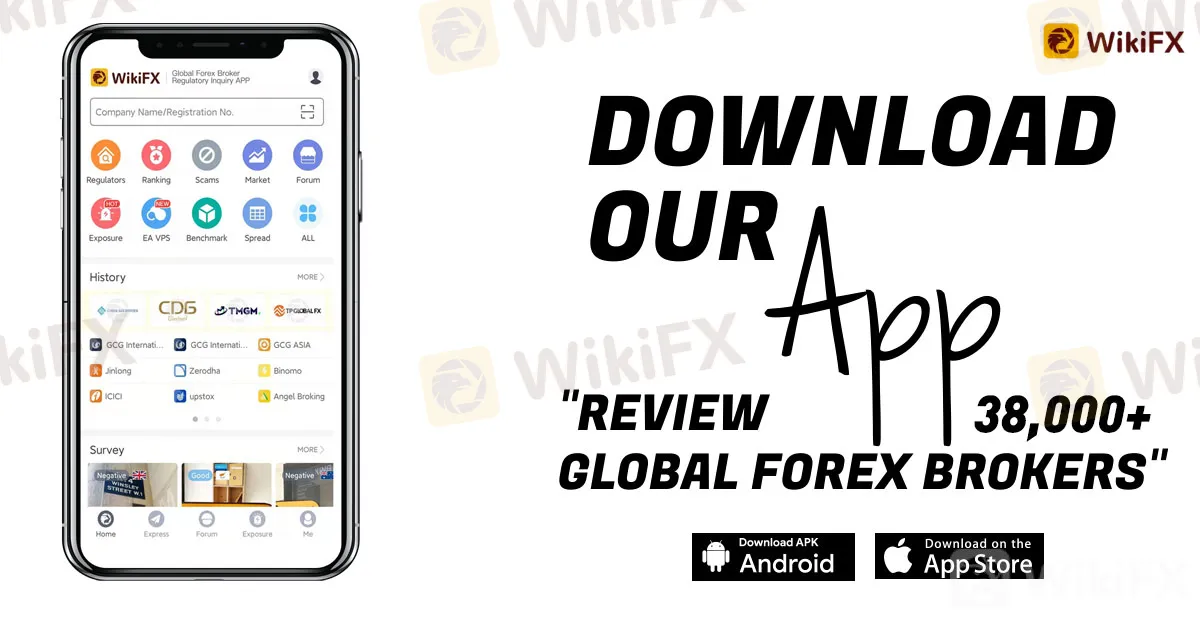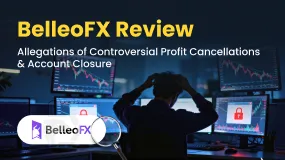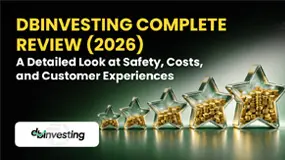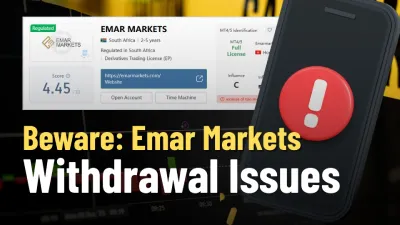Abstract:'Automated trading' refers to a set of operations designed to speed up market monitoring and trade execution by using computer systems.
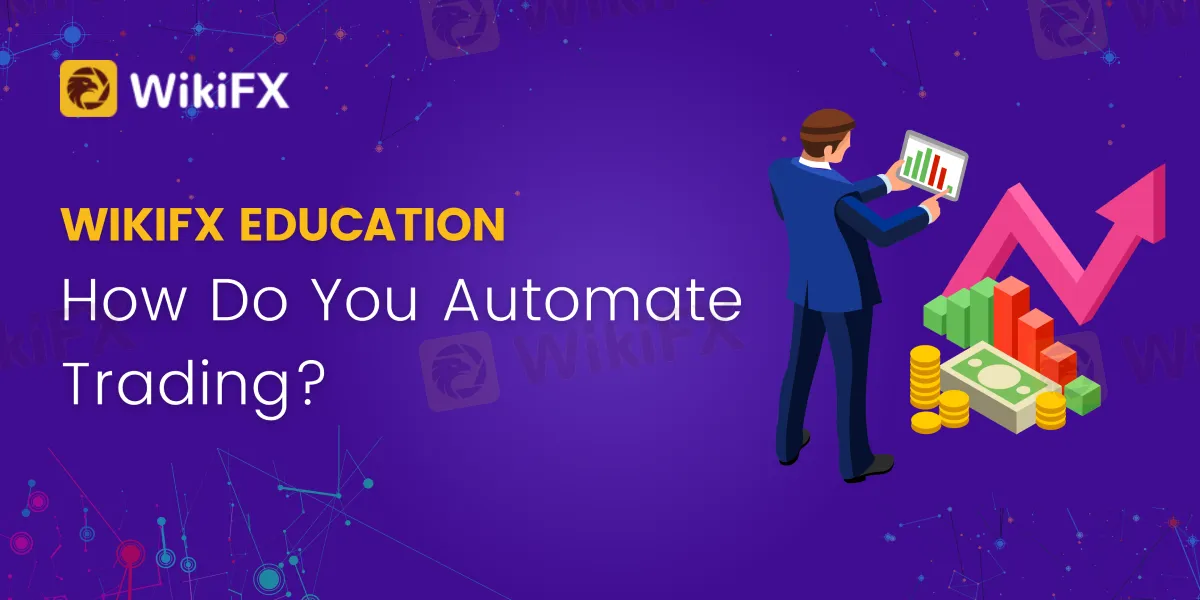
Automated trading has expanded to cover various trading strategies as technology has advanced.
Algorithmic trading, social trading, and copy trading are examples.
The advantages and disadvantages of forex trading using automation.
Pros
Cons
Exchange trading automation has existed in some form or another since the 1980s, however, the notion of rules-based trade strategies stretches back much further, to the 1940s. As retail investing has grown in popularity throughout the globe, prominent trading platforms have evolved to allow forex traders to create and publish their own automations, sometimes known as “trading robots.” Similarly, the advancement of computer processing capacity has resulted in the creation of increasingly sophisticated kinds of automation.
What Exactly Is Auto Trading?
'Automated trading,' like many concepts in retail investing, refers to a wide variety of actions aimed at making market monitoring and trade execution quicker and more efficient by delegating some chores to computer programs.

Inputting a specified set of buy and sell parameters into your favorite trading program, along with a command to execute an order when those criteria are satisfied, is an example of basic automation. The degree of your automation is mostly determined by the complexity of your trading strategy and programming ability, with more experienced traders adding narrower criteria and interlocking sets of instructions.
Whether it's a basic set of buy-sell price criteria or a complex collection of if-then instructions, all automated trading is performed by a computer program. Once you've entered your order requirements, you may walk away from the computer while the dedicated robot persistently explores the markets for possibilities, acting quickly to act on your behalf when it detects a good deal.
Other trading strategies, including algorithmic trading, social trading, and copy trading, have emerged as a result of technological advancements.

The popularity of trading bots, clone portfolios, and “algorithmic techniques” has soared in recent years, thanks to successful automated traders advocating them on social networking platforms and in renowned forex magazines.
A 2019 research indicated that automations completely execute 92% of deals in the FX market.
Before abandoning manual trading in favor of automation, I urge that you ask yourself the following questions:
Is my trading strategy defined? If you're still learning the fundamentals of forex and experimenting with various trading strategies to figure out what works best for you, you'll probably need more experience to reap the full advantages of automatic trading.
Is automation beneficial to my trading style? Some trading strategies, especially those that depend on huge volumes, such as scalping, lend themselves well to automation. However, if you are a swing trader, the time and effort required to adjust to automations may not be worth it.
What kind am I? A little self-awareness may go a long way in trading, just as it does in life. If you despise uncertainty and never feel completely certain that you have adequate knowledge, an automated, rules-based trading system will most likely help you. Automations, on the other hand, are generally not for you if you struggle to stick to a single strategy and earn your money by synthesizing facts and methods on the fly.
Is it possible for me to learn how to code? While “off-the-shelf” bots and wizard templates may assist novices to bridge the gap between manual trading and automation, learning to code is likely required to properly gain the advantages of this trading instrument. If your strategy is based on tactics such as supply and demand, support and resistance, or candlestick patterns, creating effective automations capable of managing your individual variables necessitates direct participation in the construction process.
If you feel that automations will improve your trading experience or lead to greater profits, you may start the process of converting to totally or partly machine-controlled trading by following these steps:
Examine your broker. Not all online brokers accept automations, especially in regions where retail investing is strictly regulated. Others permit trading using algorithms and machines, but only on certain platforms. Others, however, permit certain forms of automated trading but not others.
Look into your trading platform. If you want to utilize automatic trading as a hedge, be sure your selected platform permits you to trade from numerous accounts. Because of variations in programming languages, the automations you design for one platform are unlikely to transfer to another if you move later. Pay attention to the breadth of automations accessible for purchase in the platform's marketplace if you don't know how to code.
Begin by implementing no-code solutions. Before you go into the deep end of automated trading, try some easy automations using a no-code solution, such as MetaTrader 5's Wizard or Ninja Trader Strategy Wizard. Before you commit to learning how to code, you may get a taste of the automated trading experience by entering your trading rules and backtesting. You may also choose to get “off-the-shelf automation” from the marketplace of your platform.
Make time for coding and testing. When scheduling time to study the programming language of your chosen platform, add some time to practice backtesting. Backtesting is an art as much as a science, and it'll take some experience to balance curve-fitting with adaptability.
The Bottom Line
Day trading for individual investors has been transformed by automated trading, enabling amateur traders to compete with much bigger institutional investors and benefit from market volatility.
However, before using an “algorithmic trading strategy,” you should consider if this form of forex trading is compatible with your current trading style, financial resources, and even personality.
Stay tuned for more Forex Educational articles.
Download the WikiFX App from the App Store or Google Play Store.
